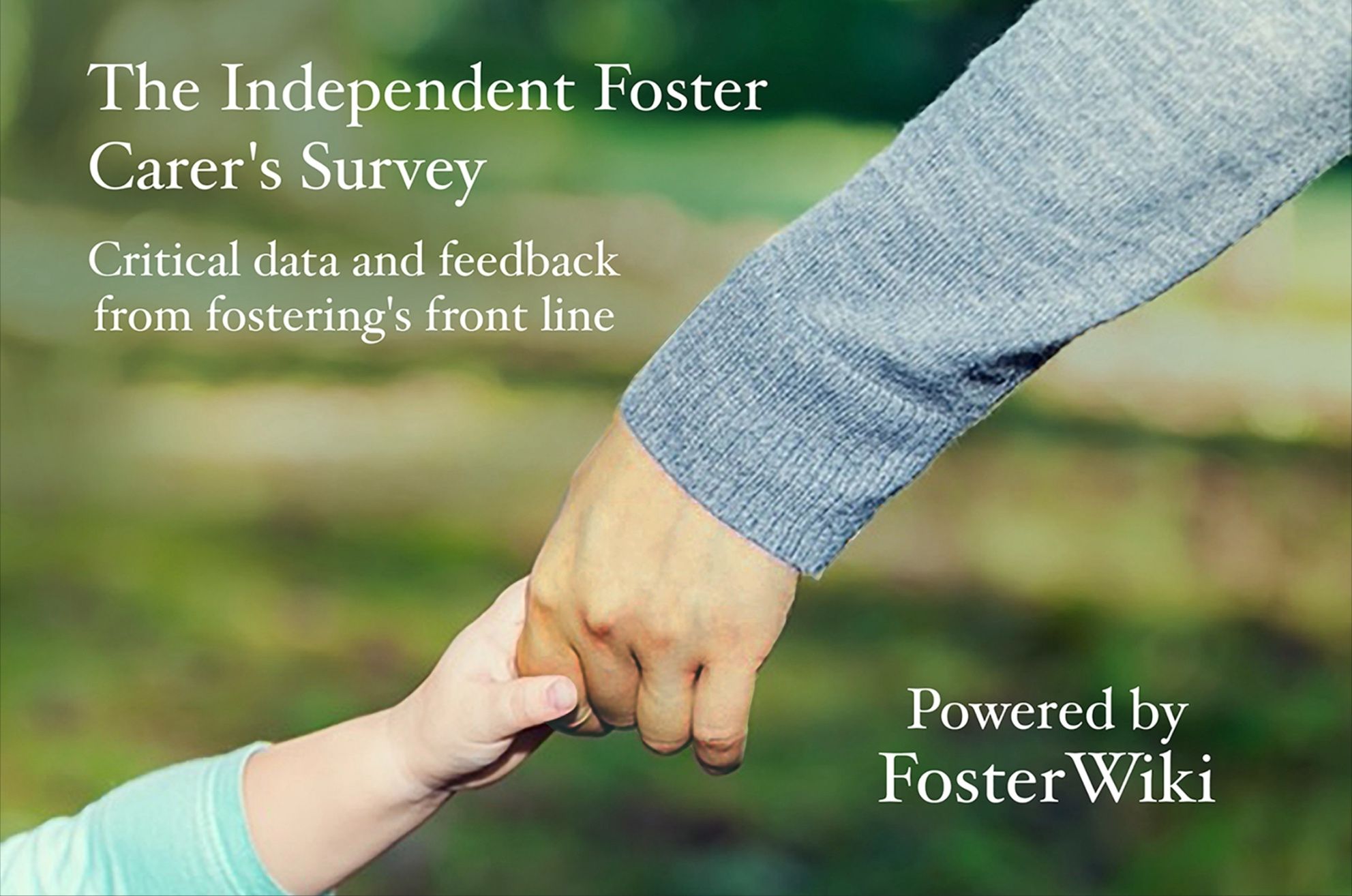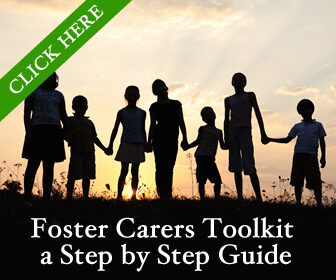Respite, breaks and holidays for foster carers
Respite, breaks and holidays for foster carer

A lack of adequate breaks, respite or holidays can lead to burnout, secondary traumatic stress disorders, compassion fatigue and in turn can impact placement stability, retention, safeguarding and carer’s mental health, it then affects an already depleted workforce and a fostering service that is in crisis.”
[Sarah Anderson, Founder FosterWiki]
Introduction to Respite, breaks and holidays for foster carer
The term ‘respite’ is the traditional description for foster carer’s breaks or holidays. Many foster carers do not like the term ‘respite’. Most opt for a short break or holiday as they feel respite has negative connotations for the children they care for and themselves.
Every fostering home, family and setting are unique and very different. Each individual fostering family, foster carer and child has different needs, these needs can also vary at different times.
Regular breaks are as essential for foster carers are they are for anyone else. Foster care is round the clock 24/7 intensive work, both with the children and with the work they do with the services and providers they work for.
The work-related side of the foster carer’s role has been professionalised for many years and is governed by a large body of statutory regulations and National Minimum Standards that underpins the role. This includes attending regular meetings, writing up daily records and recordings, attending education, training and CPD and working systemically within a multi-agency system. In this specific respect, it is no different from any other work setting.
The importance of regular breaks or holidays is crucial to placement stability, permanence and carer retention. It is essential for many carers for both their physical and mental health to prevent burnout, compassion fatigue and secondary traumatic stress disorders.
Lack of breaks or respite can be a precursor to placements breaking down.
How does Respite work?
21.5) Foster carers are provided with breaks from caring as appropriate. These are planned to take account of the needs of any children placed.
Fostering is devolved to each individual provider, services are provided and delivered by each local authority and agencies throughout the UK, each one is in control of its own service, which they run in accordance with the National Minimum Standards, Fostering Regulations and Care Standards Act which give them a ‘framework’ within which to work, a framework applicable to the provision of fostering services.
Therefore, like much in fostering, there is no one consistent policy when it comes to foster carers holidays or breaks, each provider has its own.
Every fostering household is also very unique and different in its requirements, so practice, policy and implementation vary hugely from one provider to another, they can even vary within one provider.
Children in care range between 0-18yrs so respite needs are different and vary. Some settings may have long term settled younger children who always go on holiday with their carers, some may specialise in teenagers in which case the young people may opt-out of family holidays preferring to be with friends. Many placements place huge emotional and physical demands on carers 24/7 and breaks are essential.
Children, young people and respite
Not unlike other families in the UK, the children will visit someone they know when their foster carers are on a break/leave/holiday/respite. Similar to visiting a grandparent, aunt or staying at a friends house.
It is essential that breaks are planned, that the provider has sufficiency in respite carers in relation to their everyday carers, this way respite can be organised in advance in all aspects pertaining to the children.
Children will be introduced to their respite carers ahead of breaks, spend time with them, be introduced slowly, often with one night stay to begin with building up to longer breaks and become familiar with them and their homes.
Respite carers are able to give the children a break of their own and often include treats, fun days out and a ‘holiday’ feel.
Fostering providers
Regular respite for foster carers is a critical component of caring for vulnerable children.
Breaks and holidays are crucial to the foster care placement in terms of placement stability, quality of care and carer retention.
It is essential for foster carers for both their physical and mental health to prevent conditions such as exhaustion, burnout, compassion fatigue and secondary traumatic stress disorders.
What can local authorities and agencies do when facilitating respite and holiday breaks for foster carers?
- Provide clear and consistent policies that are freely available and circulated.
- Ensure sufficiency of respite placements through an established and standard provision of a respite carer workforce.
- Ensure social work teams understand the importance and implications of foster carer’s respite/breaks/holidays across the service.
- Develop a culture of empathic, non-judgmental and therapeutic supervision practices, which facilitate foster carers requests for respite, and allay the carer’s fear of reprisals, judgement or deregistration when requesting adequate breaks.
- Develop an agile proactive and multidimensional respite carer workforce to respond to the diverse and individual needs of each placement. One size does not fit all.
- Plan ahead of time. Introductions should be gradual and if possible the same respite carer should be utilised each time if carers are using family, friends or colleagues plan ahead of time with approvals and checks.
Recommendations
FosterWiki in discussion with their experts by experience and foster carers around the UK make the following recommendations:
- Equal importance must be placed on all respite provisions. Mockingbird and similar models are an effective provision for some foster carers and children, but it is crucial that there is recognition that this system is only appropriate for a proportion of fostering placements.
- Carers can not be discriminated against if they are not members of these systems, whether it is due to unsuitability or a personal choice.
- Many carers form their own respite solutions via fostering colleagues. These should be identified, approved, utilised and remunerated appropriately.
- Family and friends respite carers are crucial to fostering. They need to be identified and approved in a timely manner and remunerated appropriately.
- Many carers have suggested more agile and critical thinking around the possibility of alternative provisions as one size does not fit all. One suggestion is approved foster carers, where appropriate, move into the placement for the duration of the respite in order that the children stay in their own home, in a house sitting type arrangement.
Foster carers
- Be proactive, identify that you will need a break, plan ahead – have plans in place before you plan breaks, identify a respite carer with the help of your supervising social worker.
- Don’t be afraid to ask for respite. Breaks and holidays are essential for many carers to ensure good mental health maintenance, to avoid burnout and other stress-related issues and illnesses. Good providers will know the importance of breaks for carers and a good fostering support worker should tell you that you need a break and you should not feel guilty in doing this.
- If your respite carer is family, friends or fostering colleagues ensure all the checks and approvals are in place ahead of time, work closely with your provider to achieve this.
- Familiarise your child or young person with their respite carer in advance so that they are comfortable with them, this will include meeting them with you, possibly even a one-night sleepover to familiarise themselves with the carer and their home. Respite carer’s often produce a book about their family and home with pictures of the house, including who lives in it and pictures of the child’s bedroom. Foster carers have given feedback that this works really well and gives the child confidence and even excitement before the initial introduction.
- Discuss in full with the respite carer the child’s routines, preferences and behaviours so the carer can be fully prepared. It can often be a good idea, and where appropriate, to do this in the presence of the child so they know you’re working together.
- Work on language and discussions with children and young people around respite with them and your providers. Many carers reflect that they do not like the word ‘respite’ for themselves or the children. Foster carers highlight that their respite is simply a break or holiday as others would have, that it is not about a ‘break from the children’ it is more a break
from the intensity of what they do and the role of foster carers as a whole, and an important opportunity to rest, recuperate and recharge.
What foster carers say about respite
Links
- Foster Carers Metal Health – https://fosterwiki.com/wiki/foster-carers-mental-health/
- Level 2 NCFE CACHE Certificate in Mental Health First Aid & Mental Health Advocacy In The Workplace – https://fosterwiki.com/wiki/level-2-certificate-in-mental-health-first-aid-mental-health-advocacy-in-the-workplace/
Information, Help and Support
Help and support created for foster carers, by foster carers, we are the experts by experience. We have the first foster carers knowledge bank.
Please find our help and support page here.
Access both the open pages and members area. Both are free to access and footprint-free. The member’s area gives you privileged confidential access to FosterWiki’s experts by experience for advice and guidance. You will also find short courses and guides from the foster carer’s perspective, top tips, allegation help, templates, and the ability to add to FosterWiki. With more content being uploaded regularly.
Please let us know what information or advice pages you would find useful and we will put them in place. https://fosterwiki.com/register/







